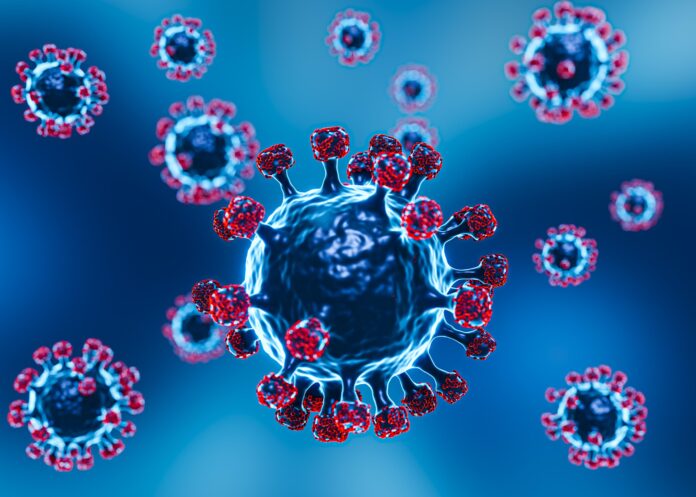Newswise — Scientists at The University of Queensland have unveiled that viruses like SARS-CoV-2 can induce fusion among brain cells, triggering dysfunctions that result in persistent neurological symptoms.
Professor Massimo Hilliard and Dr Ramon Martinez-Marmol, researchers at the Queensland Brain Institute, have delved into the mechanisms by which viruses disrupt the functioning of the nervous system.
SARS-CoV-2, the culprit behind COVID-19, has been identified in the brains of individuals experiencing persistent symptoms, commonly referred to as ‘long COVID,’ several months after their initial infection.
“COVID-19 induces a novel cell fusion process in neurons, a phenomenon we have uncovered,” Professor Hilliard remarked.
“Following neuronal infection with SARS-CoV-2, the neuronal cells exhibit the presence of spike S protein, and remarkably, upon fusion, these neurons do not undergo cell death,” explained the researcher.
“They either start firing synchronously, or they stop functioning altogether.”
Drawing an analogy, Professor Hilliard compared the function of neurons to the wiring that connects switches to the lights in a kitchen and a bathroom.
“Once fusion occurs, each switch has the potential to either activate both the kitchen and bathroom lights simultaneously or leave them both unlit,” he elaborated.
“It’s bad news for the two independent circuits.”
The discovery offers a potential explanation for persistent neurological effects after a viral infection.
“In the prevailing understanding of viral entry into the brain, there are typically two outcomes: either cell death or inflammation,” noted Dr. Martinez-Marmol.
“But we’ve shown a third possible outcome, which is neuronal fusion.”
Dr. Martinez-Marmol highlighted that various viruses not only induce cell fusion in other tissues but also infect the nervous system, potentially leading to similar issues in that particular context.
“These viruses include HIV, rabies, Japanese encephalitis, measles, herpes simplex virus and Zika virus,” he said.
“Our research reveals a new mechanism for the neurological events that happen during a viral infection.
“This is potentially a major cause of neurological diseases and clinical symptoms that is still unexplored.”
The researchers gratefully acknowledge the collaborative contributions of Professor Lars Ittner and Associate Professor Yazi Ke from Macquarie University, Associate Professor Giuseppe Balistreri from the University of Helsinki, and Associate Professor Kirsty Short and Professor Frederic Meunier from The University of Queensland.
The research was published in Sciences Advances.
Source: /Newswise



































